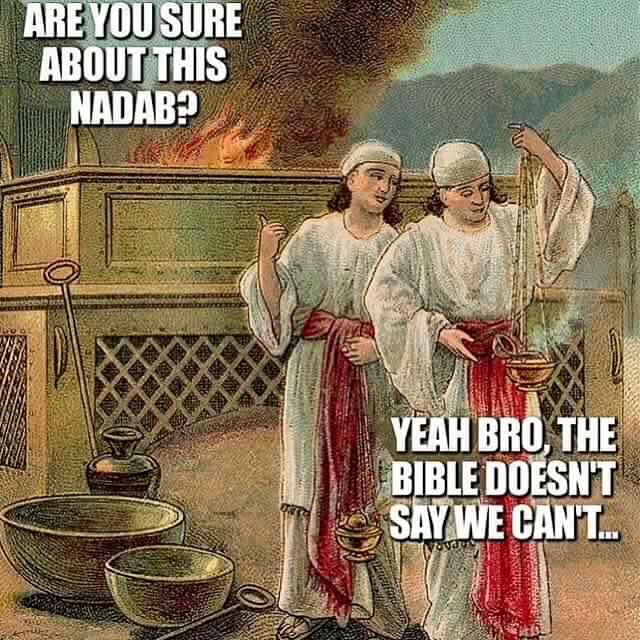Protestant Scholasticism taught that the Decalogue summarily contains the Moral Law and is the inscripturated form of the natural law, as to its substance. A distinction was made between substance and form. Substance is one; form (and function) may vary. For example, when the Westminster Larger Catechism Q. 98 says, “The moral law is summarily comprehended in the ten commandments,” it refers to the fact that the substance (i.e., the underlying essence) of the Moral Law is assumed and articulated in the propositions of the Decalogue as contained in Exodus 20 and Deuteronomy 5. The form (and function) fits the redemptive-historical circumstances in which it was given. The substance, or underlying principles, are always relevant and applicable to man because he is created in the image of God. The application may shift based on redemptive-historical changes, such as the inauguration of the New Covenant, but its substance and utility never changes.[1]
Moral Law
The Moral Law, on the other hand, is the Law which is revealed and summarized by God in the Ten Commandments, the Decalogue, which is the substance of the Natural Law. Richard Muller is quoted in Barcellos on the definition of the Moral Law, saying:
specifically and predominantly, the Decalogus, or Ten Commandments; also called the lex Mosaica …, as distinct from the lex ceremonialis …and the lex civilis, or civil law. The lex moralis, which is primarily intended to regulate morals, is known to the synderesis [the innate habit of understanding basic principles of moral law] and is the basis of the acts of conscientia [conscience–the application of the innate habit above]. In substance, the lex moralis is identical with the lex naturalis …but, unlike the natural law, it is given by revelation in a form which is clearer and fuller than that otherwise known to the reason.[2]
And then Dr. Barcellos adds:
As noted above, the Moral Law is summarily comprehended in the Decalogue, not exhausted by it. Though the formal promulgation of the Decalogue had a unique redemptive-historical context and use, it is nothing other than the Natural Law incorporated into the Mosaic Covenant. This is one of its uses in the Bible but not all of its uses.
The Decalogue contains the summary and the essence of the Moral Law, but it does not contain all the moral laws. For example, there is no “thou shalt respect elders”, but we understand that this is comprehended under the fifth commandment to honor our parents, and derived from it.
Positive Law
Positive Law simply said is a moral law that has no basis in nature nor is it self-evident, but is based upon a commandment of God. Dr. Barcellos defines positive laws as:
Positive laws are those laws added to the Natural or Moral Law. They are dependent upon the will of God. These laws are “good because God commands them.” They become just because commanded. The first Positive Laws were given to Adam in the Garden (Gen. 1:28; 2:17), as far as we know. Subsequent Positive Laws are spread throughout the Old and New Testaments. Positive laws can be abrogated for various reasons. They are not necessarily universal or perpetual. Some obvious illustrations of Positive Law in the Old Testament are circumcision and animal sacrifices a...










